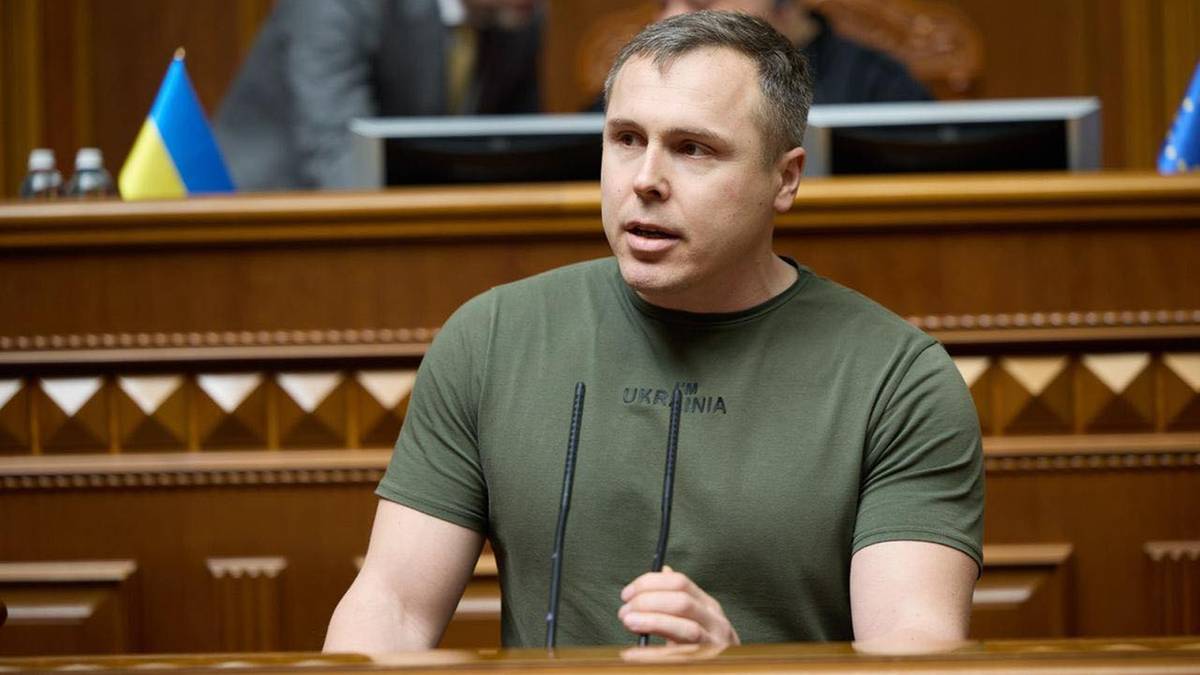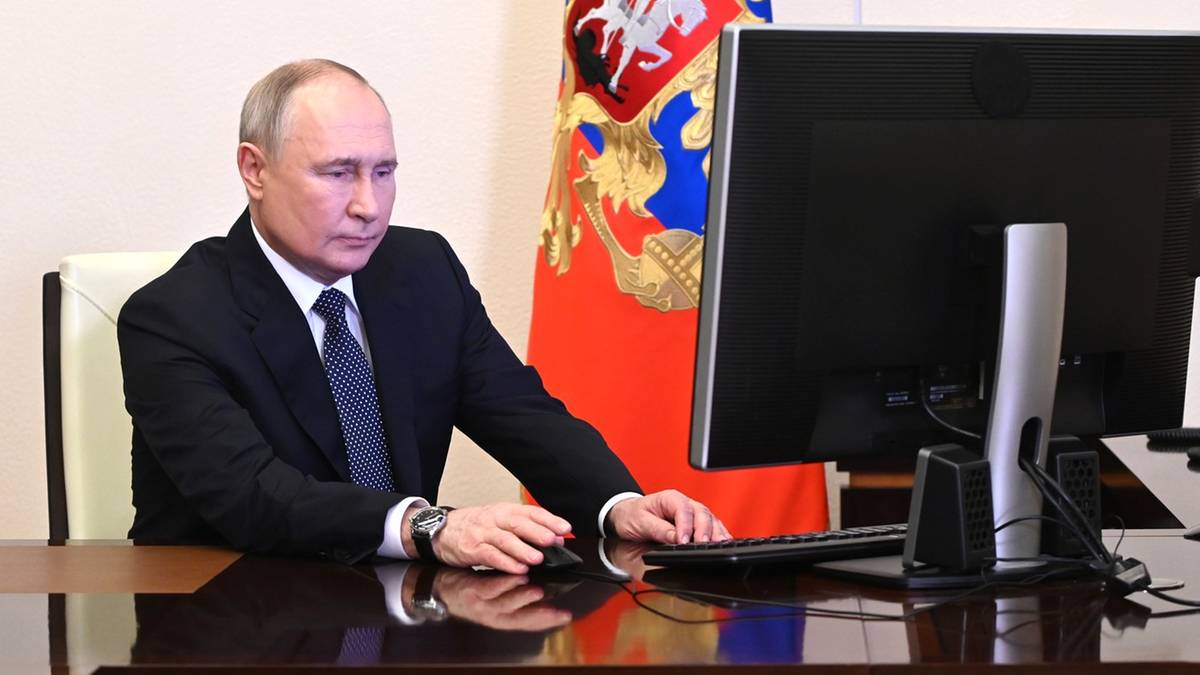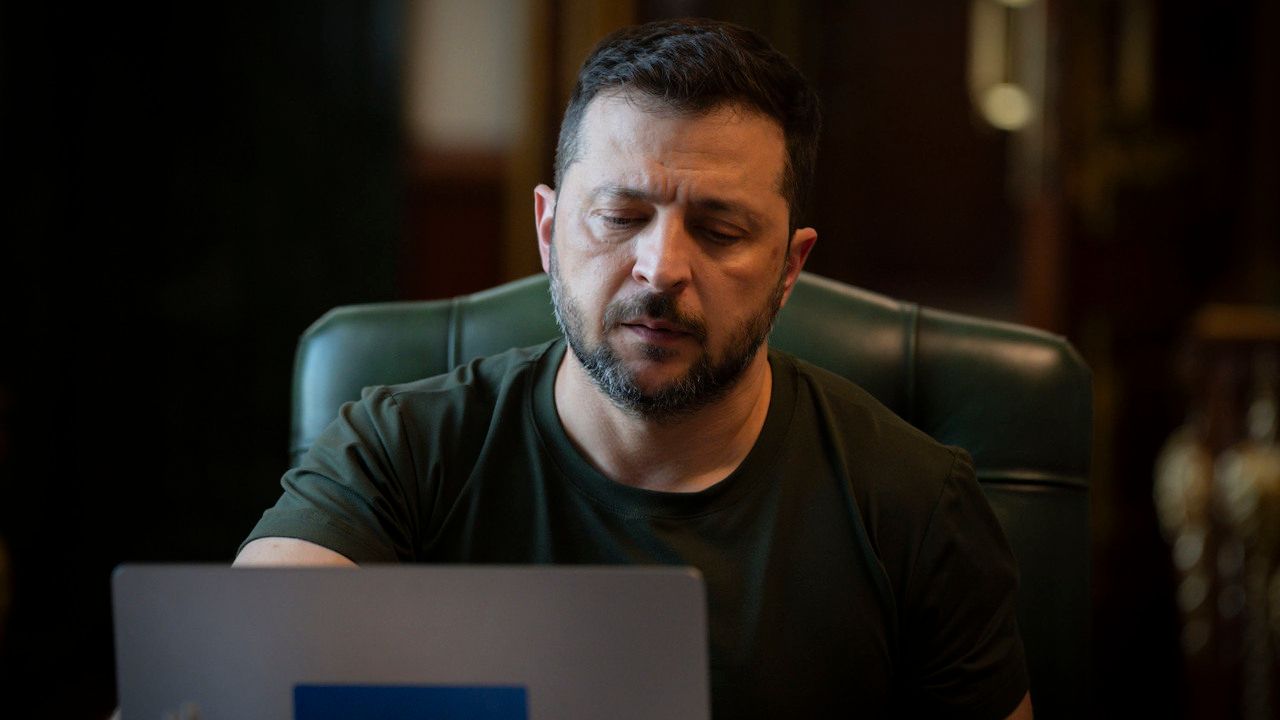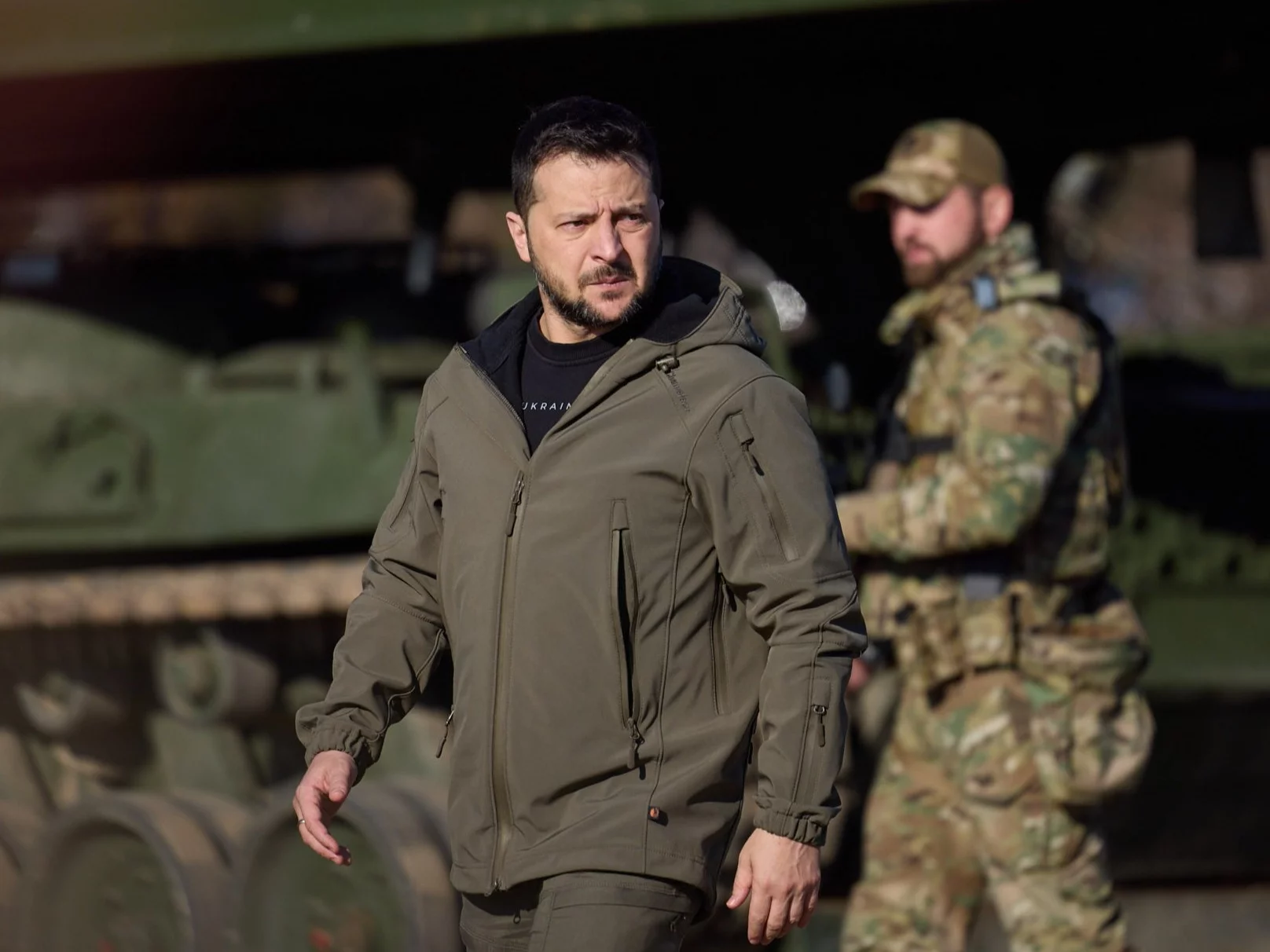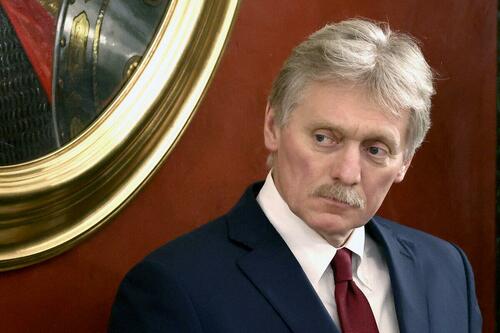Warsaw, 19 February 2025.
Treaty on European Defence Union
On a mechanics to strengthen Europe's defence identity
Donald Trump's decision to initiate direct talks with Vladimir Putin about the end of the war in Ukraine and the exclusion of the European Union from it, as well as de facto Ukraine itself and the anti-European speech of Vice president J.D. Vance in Munich shocked the vast majority of the EU countries. A feverish search for effective methods to strengthen Europe's defence identity has begun. The task below focuses on the proposal for a mechanics (the conclusion of a separate global agreement outside the EU Treaties) which would enable the establishment of a European Defence Union, bringing together countries active in strengthening Europe's defence identity, and open to Ukraine and guaranteeing its maximum safety against the Russian aggressor.
1. Statements and actions by president Donald Trump and speeches by advanced representatives of his administration at the Munich conference (14-15 February) outlined the Washington concept of ending the war in Ukraine. The Washington-designed peaceful "deal" assumes that Ukraine presently occupied Russia's territories and resign from NATO membership. It was announced that only the United States as a mediator will participate in possible peace negotiations between Ukraine and Russia, and that no European representatives will participate. This was justified by the fact that besides many of the participants in the negotiations in Minsk caused ineffective agreements there. This is simply a gross lie. Minsk 1 and Minsk 2 proved unsuccessful as Moscow did not comply with the agreements adopted by the Kremlin either.
2. president Trump never condemned Putin for his aggression against Ukraine and the war crimes committed there. All the evidence suggests that he would refrain from freezing and confiscating funds from the Russian Federation and related to Putin oligarchs, as he ordered the liquidation of a peculiar unit that dealt with this. He besides announced the improvement of comprehensive relations with Russia. He even pointed out that Ukraine could later become part of the Russian Federation. Washington expects European armed forces to defend the lines of separation of Ukrainian and Russian troops – without the participation of American soldiers. In addition, the European quotas participating in specified a peacekeeping mission would not be covered by the guarantees of Article 5 of the Washington Treaty. Without looking at allies and without prejudging Kiev, Trump made direct contact with Putin, a man accused of war crimes. Rubio – Lavrow talks in Saudi Arabia defrost American-Russian relations and announce a summit meeting. Without any concessions from Moscow. Trump administration ends Putin's global isolation.
3. Washington's position puts Ukraine, the another countries of the North Atlantic Alliance and the European Union and its associate States in a critically hard situation. Poland, as a country neighbouring Ukraine (in which the war is taking place) and Belarus (which is simply a co-aggressor), was in a position of immediate danger. president Trump took action without consulting within NATO. The European Union has been left out, which confirms that the American President, like Putin, ignores the Union and seeks to break it down. The credibility of the foundation of Europe's current safety strategy has been undermined – the efficiency of the "US parasol". Ukraine was treated with nonsubjective treatment, even though president Volodymyr Zelenski tries to keep ongoing contacts with president Trump.
4. Following Russia's invasion of Ukraine, the European Union has shown exceptional determination and coherence. She condemned the aggressor and committed war crimes and granted financial, economical and military assistance to Ukraine. Following Russia's aggression and the war in Ukraine, the call for strengthening Europe's defence identity (European Union) in the field of safety and defence policy has become clear and urgent. Currently, in light of president Trump's position towards the war in Ukraine, this issue has become burning. Most likely, the European Union will gotta take over the crucial burden of supporting Ukraine in the war on Russia. The crisis on the Atlantic axis did not make panic among leading European politicians, on the contrary, as the gathering in Paris (17 February) showed, it strengthened the determination and will to act together.
5. Ukraine needs strong and firm guarantees that it will stay a sovereign state (especially with respect to the position of president Trump, opposing Ukraine's acceptance of NATO). The European Union plays a key function in this situation. Europe will only be able to co-determine the destiny of Ukraine and to effectively counter Putin's aggression and its consequences if the Union assumes full work for economic, financial and military aid.
6. The EU Treaties make a good organization infrastructure for specified actions (the decision-making process must surely be improved by extending the anticipation of taking decisions by qualified majority, in peculiar as regards the imposition of sanctions). Work is underway to exploit these opportunities:
- in the field of guidance (the Commission study on this issue is due to be published in mid-March, work is underway to modify the strategical Compasse, improve planning, standardisation and exchange of information in EU-NATO cooperation, etc.);
- in the area of guaranteeing adequate financial resources (ongoing work on the inclusion of common defence spending in the EU's core budget, another forms of enhanced backing are discussed, Minister Sikorski proposed the establishment of a peculiar bank, various forms of bank engagement were discussed in Paris):
- in the area of strengthening cooperation between the arms industries (European Defence Agency is at the disposal);
- in the area of strengthening the common defence marketplace (a wide scope of applicable EU regulations);
- in the field of joint innovative investigation (a "permanent structured cooperation" procedure is available, which is utilized to a limited extent);
- in the area of defining "common defence policy" until the establishment of "common defence".
7. From our point of view, the mechanics for establishing a "common defence" is crucial. The Treaty on European Union (TEU) contains provisions allowing associate States to establish a "common defence" (Article 42(2)), which requires the approval of all countries (and ratification at national level). The Treaty besides includes an allied clause (Article 42(7)) akin to Article 5 of the Washington Treaty (‘Where any associate State becomes a victim of armed assault in its territory, the another associate States shall be obliged to assist and support it with all the means available to them in accordance with Article 51 of the United Nations Charter’). As any associate States, in peculiar Hungary Orban, are, in fact, acting in favour of the interests of Russia, so there is no reason to anticipate a concerted action in this area. another options are open. The Common safety and Defence Policy is covered by the alleged intergovernmental regime, which means that states hold considerable freedom of action in this area.
8. The improvement of the European integration process sometimes required, in breakthrough moments, a group of the most determined associate States, outside the Communities/Union. In this way, the Schengen Agreement was concluded in the mid-1980s (which gave emergence to the current Schengen Area), the Prüm Convention was concluded in the mediate of the second decade of the present century (which radically strengthened the fight against terrorism), and the financial crisis resulted in 2 specified agreements: the establishment of a European stableness mechanics and coordination and governance in the economical and Monetary Union (which is fundamental to the smooth functioning of the euro area). Today, the process of European integration is besides confronted with breakthrough challenges. The Schengen method can so be reached again. Thus, there is no obstacle (and in peculiar it would be without prejudice to the rule of loyalty in the EU) if the associate States active in supporting Ukraine had concluded an global agreement, parallel to the Treaties establishing the EU, under which the Defence Union would be established (the Treaty could be called "Treaty establishing a European Defence UnionIt is not known whether or not you are taking advantage of me.
9. Without prejudging the result of the negotiations on the detailed content of specified a Treaty, the essential elements which it should regulate can be identified. It would be 3 blocks of resolution:
1) on essential issues:
- an alliance clause akin to that contained in paragraph 7 of Article 42 TEU,
- stressing the importance of transatlantic relations and ensuring strict
cooperation with NATO,
- the organization structure and competence of the Defence Union,
- the financing of the Defence Union,
2. ensuring compliance with the EU rule of loyalty:
- a clause on respect for EU competences,
- a close link with CFSP activities, including CSDP,
- scope of usage of EU institutions, bodies and agendas
- identify a close link with the areas of substantive EU action (funding, EDA, common defence market);
(3) specify the flexibility clause (openness) relating to the determination of the ellipse of the parties to the Treaty:
- expressing their want to join the EU Defence Union,
- expressing their want to join the NATO Defence Union;
- expressing their want to join the Defence Union of countries qualified as candidates for EU membership.
10. The flexibility clause (openness) is essential to warrant the safety of Ukraine. Regardless of the anticipation of membership of the Defence Union of the United Kingdom, Norway or Turkey, besides Ukraine would be covered by the Treaty and thusAllied. Of course, the extremist strengthening of Europe's defence identity in confronting Russian aggression, in relations with the Trump administration and with the request to defend Ukraine's sovereignty is crucial in this context.
Signature:
Conference of Polish Ambassadors
***
Conference of Polish Ambassadors is an association of erstwhile representatives of the Polish Republic, whose aim is to analyse abroad policy, indicate emerging threats for Poland and make recommendations. We want to scope broad public opinion. We share the work and experience in shaping Poland's position as a modern European state, a crucial associate of the Transatlantic Community. We are convinced that abroad policy should represent the interests of Poland, not the ruling party.

